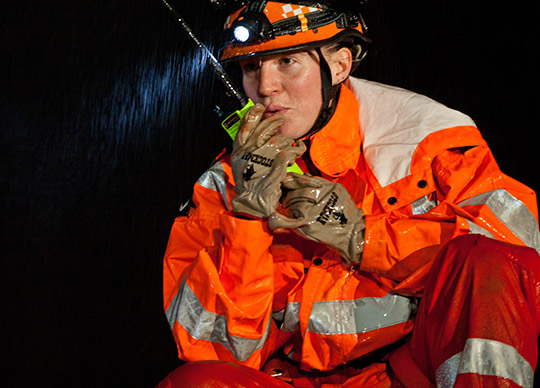
NSW Telco Authority has announced it has awarded Motorola Solutions a five-year contract extension to support and enhance the state’s Public Safety Network (PSN).
The AUD $60 million (USD $41.9 million) contract, including estimates for future costs, will provide secure and reliable voice and data communication to keep first responders across the state connected at all times.
NSW Telco Authority describes PSN as the most important critical communications network in New South Wales next to Australia’s triple zero emergency hotline. Spanning 324,000 square kilometres, it is one of the largest emergency communications networks of its type in the world.
The network provides instant, team-based communication for more than 50 public safety agencies and over 50,000 radio users across emergency services, essential services, government agencies and local councils.

It has provided New South Wales’ agencies with vital communications in the face of many major emergencies, supporting rescue and emergency efforts during the recent devastating floods, the Black Summer bushfires of 2019/20 and other natural disasters.
Motorola Solutions will deliver a comprehensive suite of public safety services for PSN, including network lifecycle upgrades and 24 x 7 cybersecurity, helping to keep this mission-critical technology up-to-date, secure and performing reliably in any situation.
Software upgrades will provide further advancements to the network’s location, vehicle and personnel protection capabilities. The upgrades will also provide NSW Telco Authority with the flexibility to implement next-generation technologies over time. This includes software to extend the reach of interoperable land mobile radio (LMR) communications to more users via cellular networks as well as the introduction of converged communication devices.
Motorola Solutions’ Managing Director for Australia and New Zealand, Con Balaskas, said “PSN provides New South Wales’ agencies with exceptional performance in the harshest environments, enabling coordinated responses to critical incidents and supporting their mission to protect people and places.”






